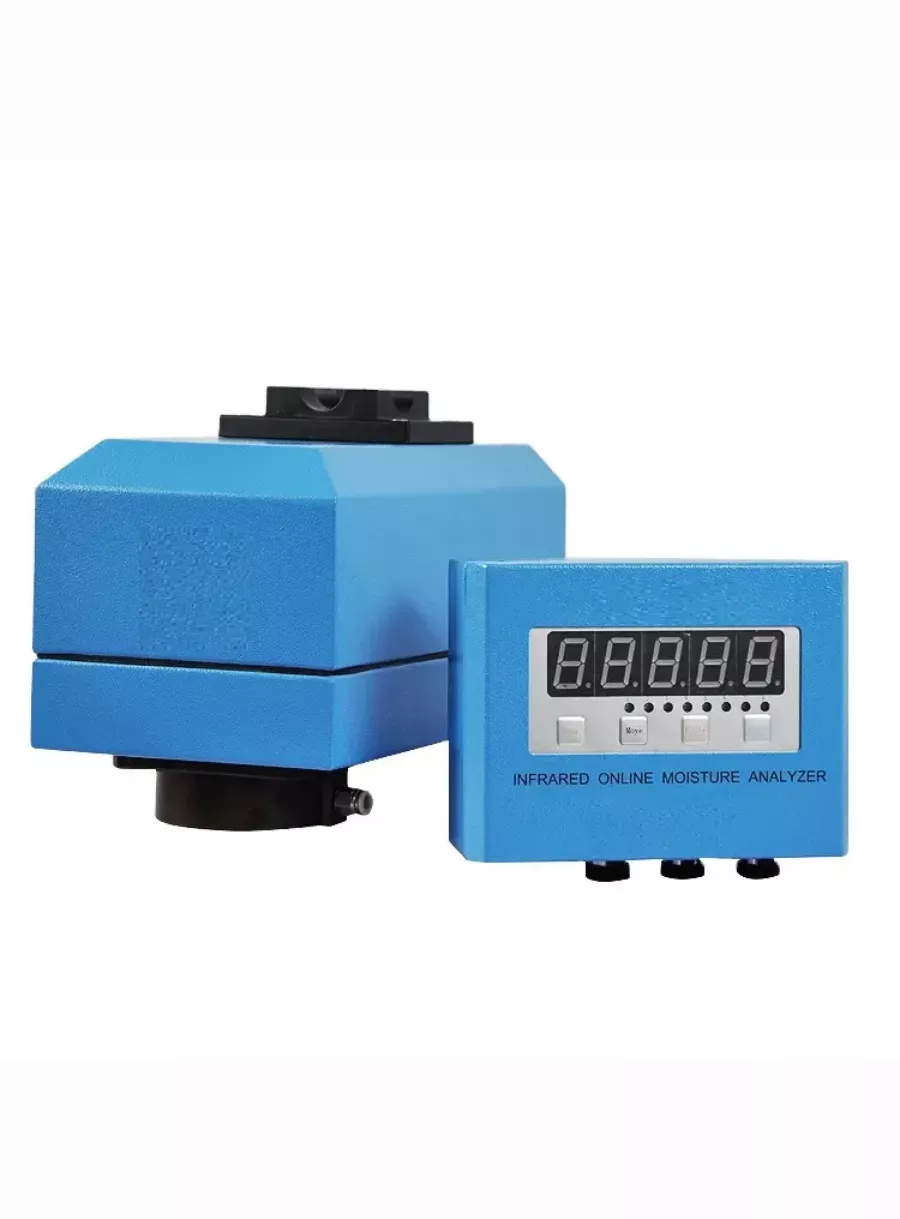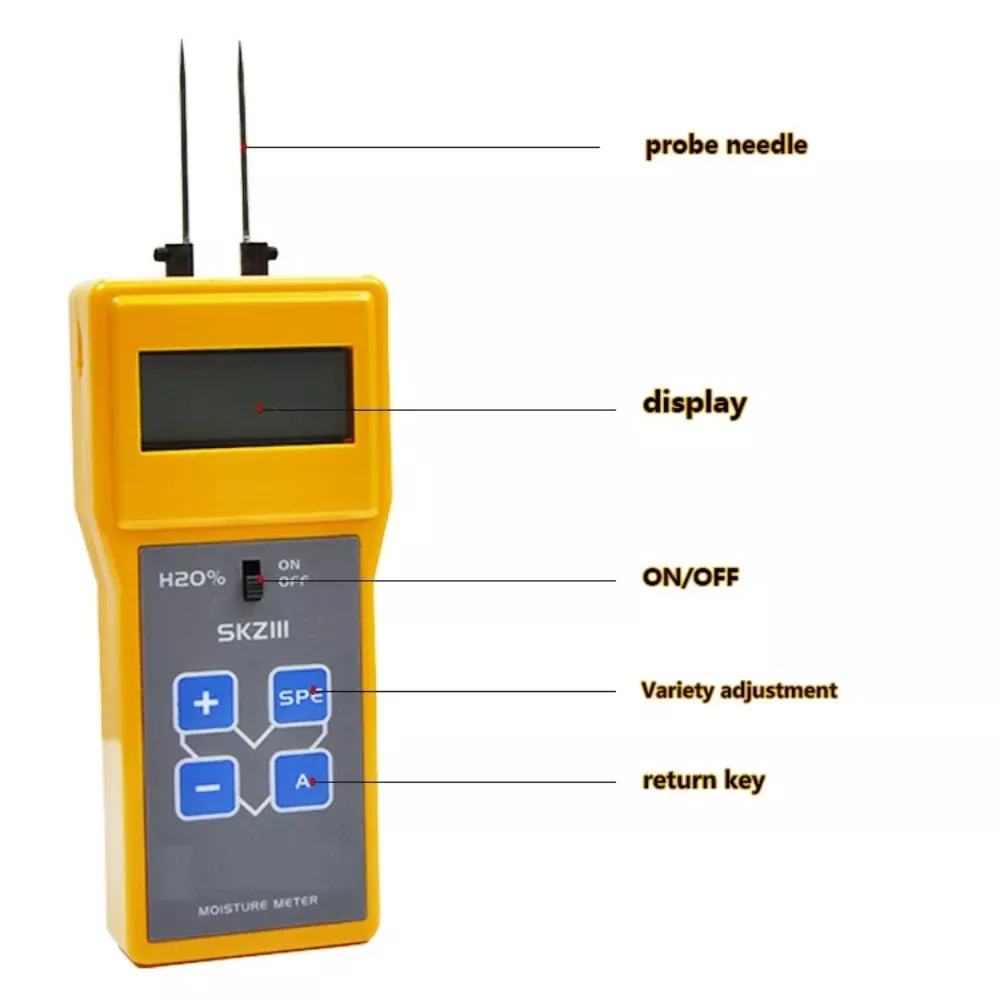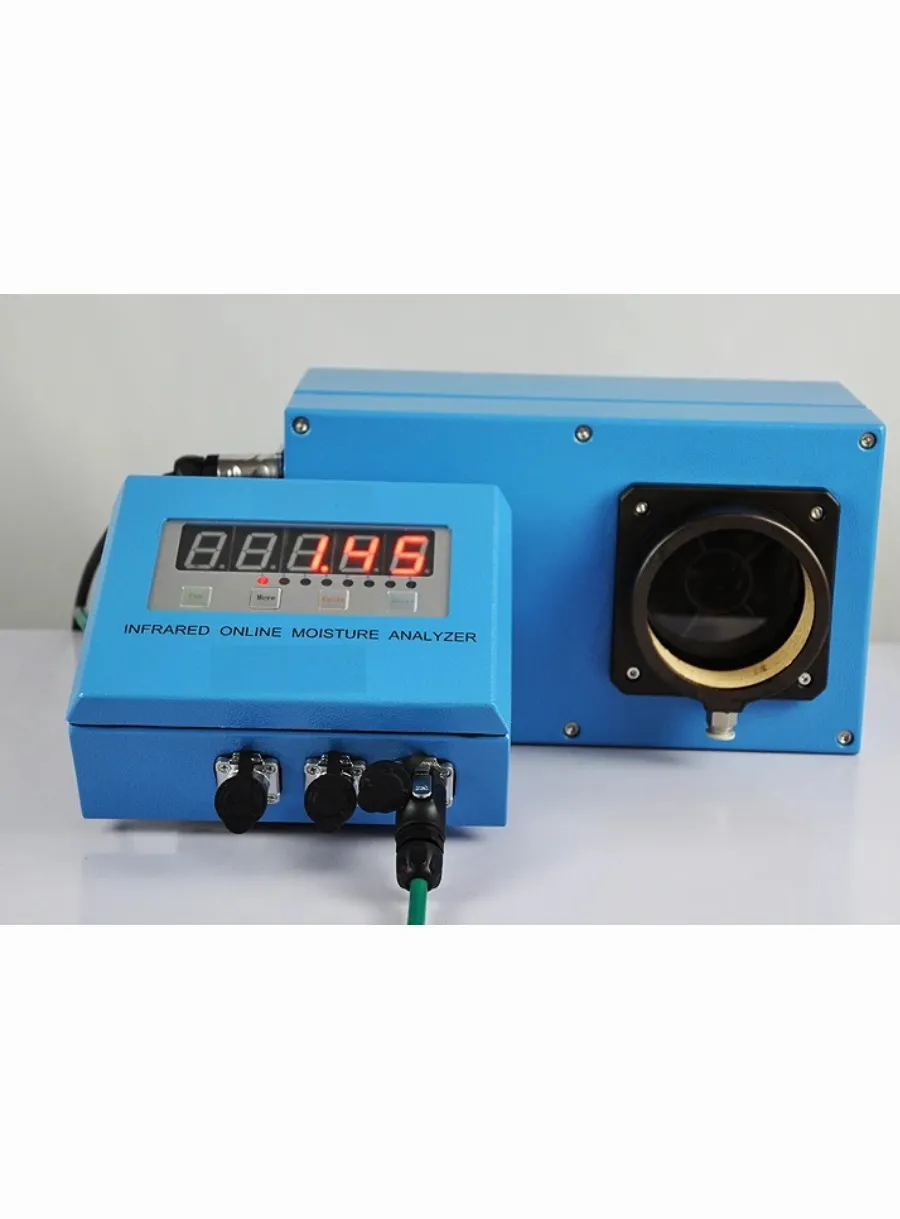
How to Choose the Right Moisture Meter for Your Garden
Table of Contents
Moisture meters are essential tools for gardeners who want to maintain healthy plants. They help determine the moisture content in the soil, allowing gardeners to make informed decisions about watering schedules and irrigation systems. However, with so many different types of moisture meters available on the market, it can be challenging to choose the right one for your garden. In this article, we will discuss the various types of moisture meters and provide guidance on how to select the best one for your needs.
Firstly, it is important to understand the different types of moisture meters available. There are two main types: capacitive and resistive. Capacitive moisture meters work by measuring the dielectric constant of the soil, which is a measure of how well the soil can store an electric charge. Resistive moisture meters, on the other hand, measure the electrical resistance between two electrodes inserted into the soil. Both types of meters have their advantages and disadvantages, so it is essential to consider your specific needs when choosing between them.
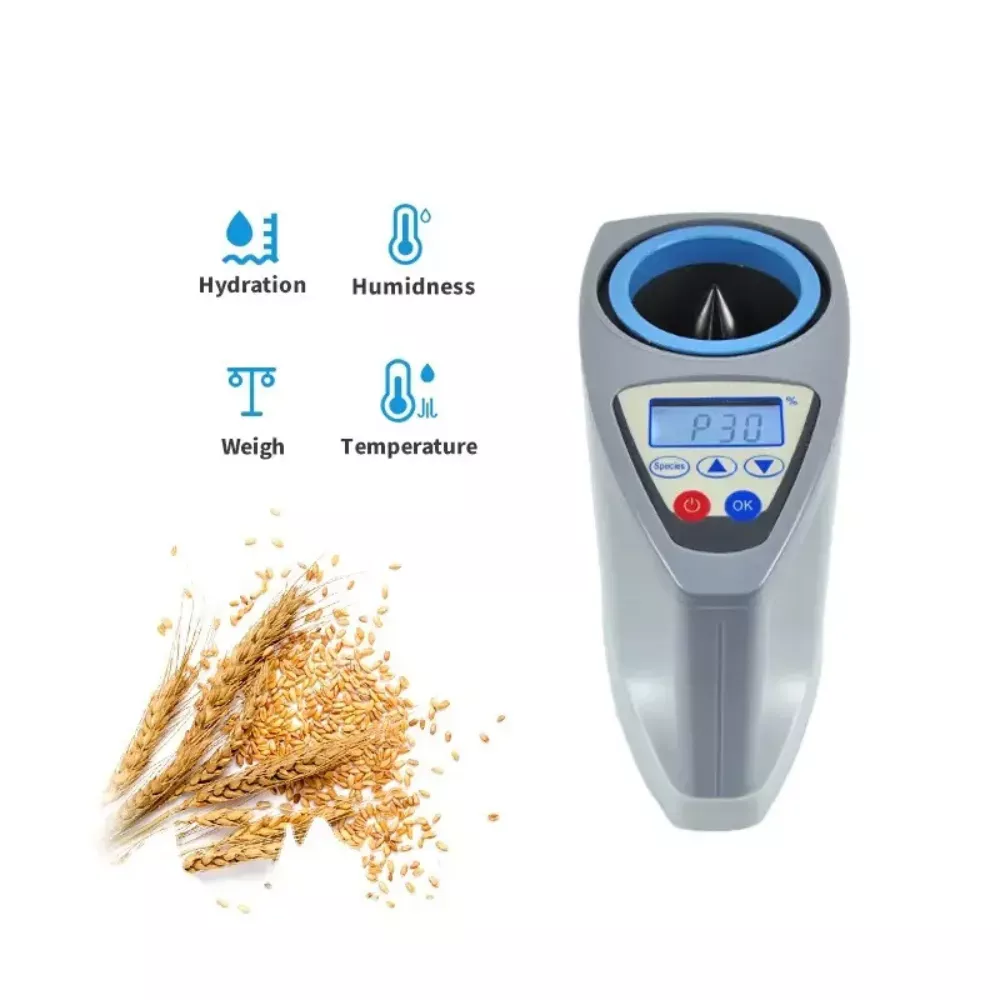
Capacitive moisture meters are generally more accurate and sensitive than resistive meters, making them ideal for use in gardens with varying soil types and moisture levels. They are also less susceptible to interference from salts and other minerals in the soil, which can affect the accuracy of resistive meters. However, capacitive meters can be more expensive than resistive meters, so they may not be the best choice for budget-conscious gardeners.
Resistive moisture meters are typically more affordable than capacitive meters and can still provide accurate readings in many situations. They are particularly useful in gardens with sandy or loamy soils, where the electrical resistance between the electrodes is relatively high. However, resistive meters can be less accurate in soils with high salt content or clay particles, which can interfere with the electrical resistance measurement.
Probe Types: Pin vs. Probe Sensors
Another factor to consider when choosing a moisture meter is the type of probe or sensor it uses. Most moisture meters come with either a pin or a probe sensor. Pin sensors are small, sharp pins that penetrate the soil to measure moisture levels, while probe sensors are larger, blunt probes that are inserted into the soil. Pin sensors are generally more accurate and can provide faster readings, but they can also cause damage to the roots of delicate plants if not used carefully. Probe sensors are less likely to cause damage to plant roots, but they may take longer to provide accurate readings.
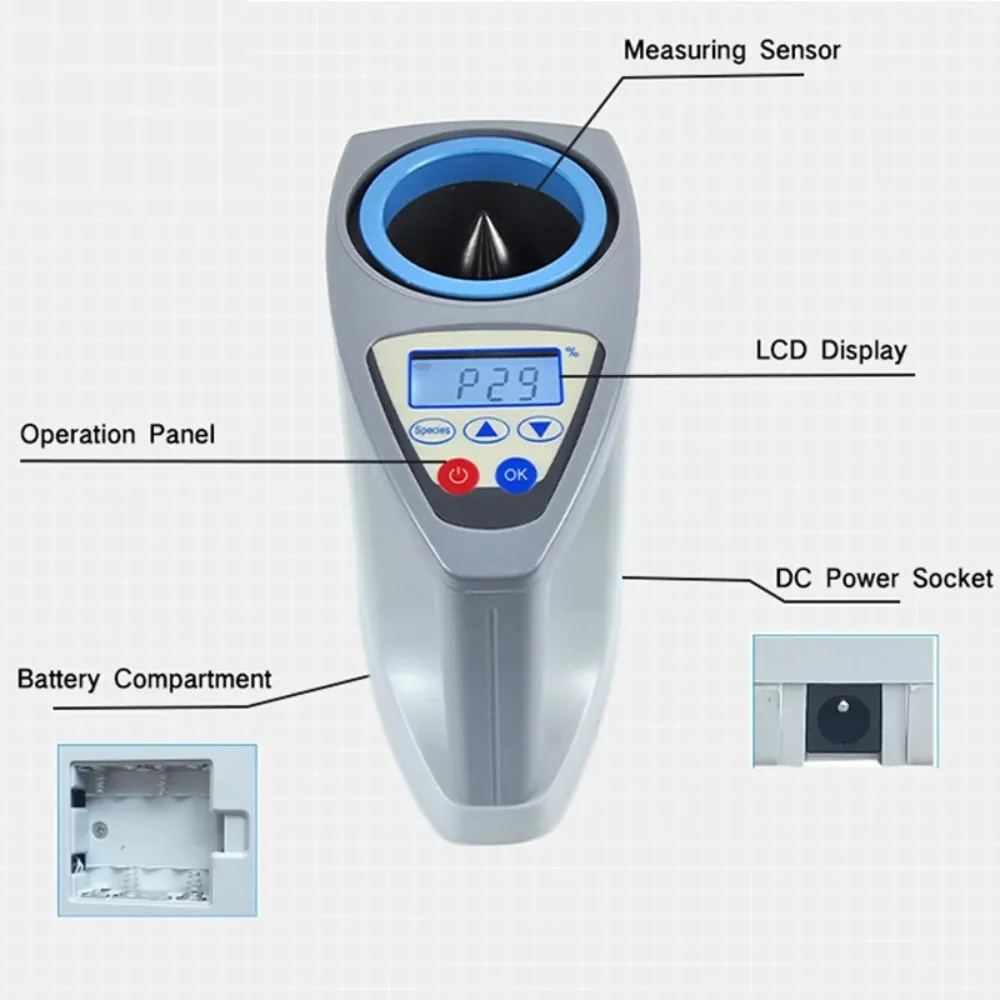
Considering Moisture Level Range
When selecting a moisture meter, it is also important to consider the range of moisture levels it can measure. Some moisture meters are designed for use in very dry conditions, while others are better suited for use in wetter environments. It is essential to choose a moisture meter that can accurately measure the moisture levels in your garden’s soil, as this will help you make informed decisions about watering schedules and irrigation systems.
Conclusion
In conclusion, choosing the right moisture meter for your garden involves considering several factors, including the type of moisture meter (capacitive or resistive), the type of probe or sensor, and the range of moisture levels it can measure. By taking these factors into account, you can select a moisture meter that will help you maintain healthy plants and conserve water in your garden.
Comments
Tags
Frequently Asked Question
Prices can vary widely, but you can find reliable moisture meters ranging from $20 to $100. Professional-grade meters may cost more. Consider your budget and specific needs when choosing.
Yes, most moisture meters can be used for both potted plants and garden beds. However, ensure the probe length is appropriate for your deepest containers or garden soil depth.
Digital moisture meters often provide more precise readings and are easier to read. However, a high-quality analog meter can still be accurate. The most important factor is choosing a meter from a reputable brand.
While these features can be helpful, they’re not essential for basic moisture measurement. If you’re primarily concerned with soil moisture, a simple moisture-only meter may suffice. However, if you want to monitor multiple soil conditions, a multi-function meter could be beneficial.

